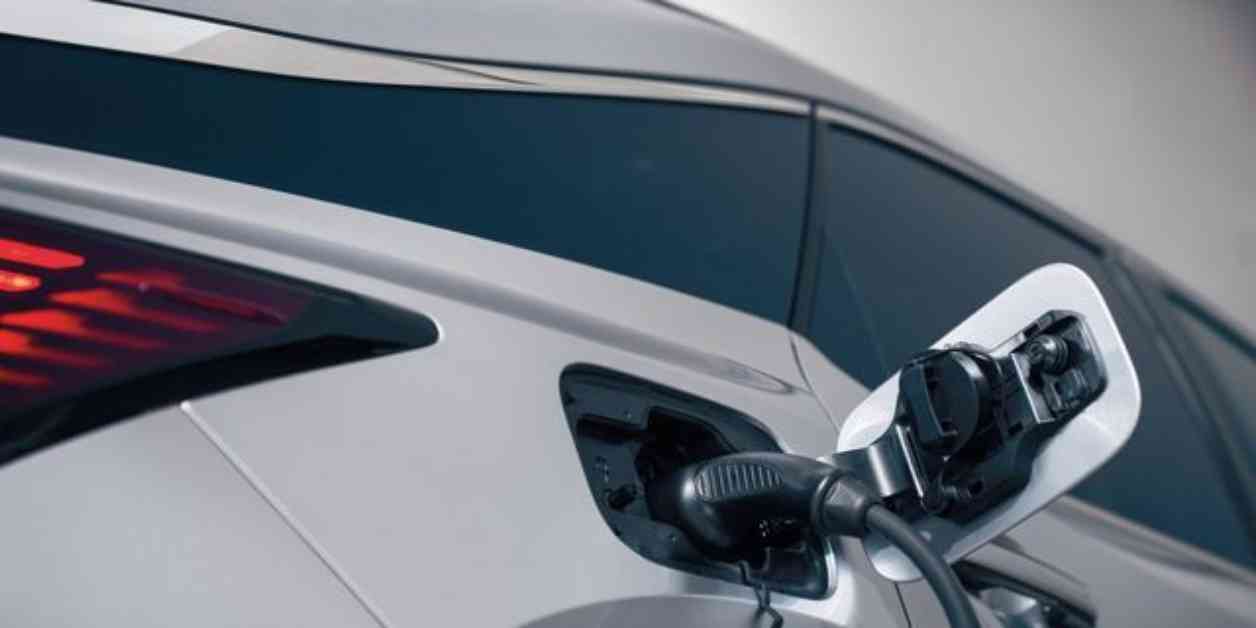The federal government has been providing support for the production and sale of electric vehicles for over a decade through a $7500 tax credit administered by the IRS. This credit has helped many buyers of battery-electric and plug-in hybrid vehicles to lower their tax bills or reduce the sales price of their electric cars.
Currently, the tax credit for purchasing qualifying new battery-electric and plug-in hybrid vehicles can be either $3750 or $7500. Additionally, used EVs and PHEVs sold for $25,000 or less are eligible for a credit of 30 percent of the sale price, up to a maximum of $4000. However, there are specific criteria that vehicles must meet to qualify for these tax credits, such as having a battery pack with a capacity of at least 7.0 kilowatt-hours and being two model years older than the current calendar year.
There are different types of EV tax credits available for both new and used battery-powered vehicles. In some cases, the tax credit can benefit new-vehicle buyers who choose to lease an electric vehicle, as they can receive the full $7500 credit even if the vehicle does not qualify for the credit if purchased outright.
The EV tax credits work by reducing a filer’s federal income tax for the year, subject to price and income caps. These credits are nonrefundable and can only be applied to tax owed in the year the vehicle is delivered. Businesses have the option to transfer new EV tax credits to future years. To claim the credit on your return, you need to file a federal income tax return and Form 8936 for the year in which the vehicle was delivered and put into service.
By transferring the tax credit to a dealership, buyers can receive the full credit at the time of sale in cash or as a reduced down payment. However, it is essential to ensure that the dealer is registered with the IRS and that all paperwork is completed correctly to avoid any issues.
Qualifying EVs and PHEVs must be built in North America to be eligible for the federal EV tax credit. There are also rules regarding vehicle prices, purchaser income, and battery production that must be met. The tax credits are set to expire on December 31, 2032.
Overall, understanding electric vehicle tax credits is essential for those looking to purchase an electric car and take advantage of potential savings. By following the guidelines and requirements set by the IRS, buyers can benefit from these tax incentives and contribute to the growth of the electric vehicle market.










